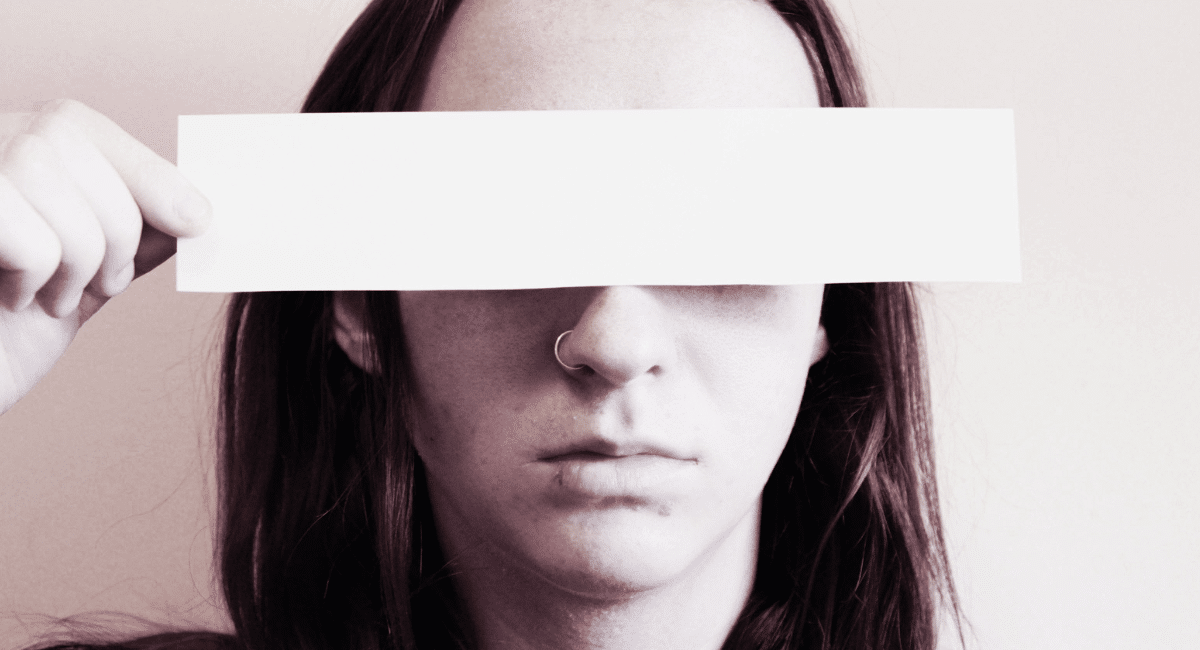
Used under a Creative Commons Licence
What can I do if my reputation is being ruined online?
Ever typed a gripe on Facebook?
Commented on a heated Twitter thread?
Maybe posted an “honest review” about a business? Well, if you have, you’ve touched on one a really big issue facing Australians today: online defamation.
We see more of our clients are asking “How do I protect my reputation online?” or “Can I be sued for sharing someone else’s comment?”.
It can be said that defamation law is all about balancing your right to free speech with the other person’s right to protect their name. But when almost 9 in 10 Australians use social media, and a single post can go global in minutes, the risks—and the rules—can be messier than ever before.
How Defamation Law Works in the Digital Age
Let’s start with the obvious: What counts as defamation in Australia?
Defamation is when someone makes or spreads something false about you (or your business) that harms your reputation in the eyes of others. This can happen just as much on TikTok or a Facebook group as it can in a newspaper.
To prove defamation legally speaking, you need to show (in really simple terms):
- The statement was published to a third party (not just you and the person making the statement)
- You were identified (by name or by context)
- The statement was defamatory (it makes others think less of you)
If the court agrees you’ve been defamed, you might get damages (money), an injunction (an order to stop more publication).
Why has the internet made it so hard?
In the world of online sharing, anyone can publish to an audience of thousands (even millions) instantly.
This is the thing – there’s no slow editor or filter. And, it seems, the old laws just weren’t designed for this.
A few years ago, a High Court case (called Voller) even found that business page admins or media companies could be legally liable for what other people posted on their social media pages. That shocked many brands and small businesses: Fairfax Media Publications Pty Ltd v Voller HCA 27.
Now, with new laws coming into effect, the rules are changing:
- Digital intermediaries (including page admins, review sites, and search engines) may avoid liability for third-party posts in certain situations
- There are new rules about liability if you’re just a “messenger” and act responsibly
- Courts will require search engines/hosts to remove or block defamatory content—and even identify anonymous posters.
Social Media, Free Speech, and the Law
Until 2005, every state had its own defamation rules—which led to “forum shopping” for friendlier courts and unpredictable outcomes.
The Defamation Act 2005 made the rules more consistent nationwide. But it was still designed in an era before Facebook or viral hashtags.
The 2021 and (now) 2024–25 reforms aim to:
- Modernise laws so they work on social media, review platforms, and new tech.
- Give extra legal protection to digital intermediaries acting in good faith.
- Make it easier for people to remove false and harmful material, and for genuine victims to get swift relief.
- Stop “chilling” of public discussion, so genuine reviews aren’t stifled by legal threats.
Real-World Examples
In the famous Voller High Court case, media companies were held liable for Facebook comments under their posts, leading to a major call for legislative change.
Also, in n 2025, high-profile defamation cases involved TV networks, politicians, and social media influencers, shining a light on the real legal and reputational risks of digital speech.
What should you do if you’re concerned about social media defamation?
- Think before you post, share, or “like” anything about someone else online.
- If you’re running a business page or group, set clear rules that comply with the law
- If you have been defamed, save records of all relevant posts, comments
- Seek advice quickly if you think you (or your business) could be at risk.
Consider a “concerns notice” (a formal legal step before going to court)
Key FAQs: Social Media Defamation in Australia
What defences can you raise if accused of defamation?
They include:
- Truth (substantial or contextual)
- Honest opinion (where clearly stated as opinion)
- Qualified privilege (for fair reporting by media, or appropriate comment, e.g. to police)
Can I get into trouble for sharing or “liking” a post?
Some cases have shown, even a share or “like” can be seen as participating in publication.
How have recent law changes made things easier for digital intermediaries?
If you act responsibly—responding to takedown requests—you have stronger protections against liability for what users post. There are other steps you can take as well.
What is the ‘serious harm’ threshold?
Now, because the laws have changed, you must show the publication caused or is likely to cause serious harm to their reputation (or financial loss to a business). The ideas is to stop trivial or vexatious claims.
Is it worth suing?
As defamation cases can be slow, and public, legal advice is vital to weigh up risks, chances of success, and non-legal alternatives.
How Sharon Givoni Consulting Can Help
- Drafting and reviewing social media and online policies
- Letters of demand
- Advice and practical support for urgent take-downs or legal responses
- Full representation in sensitive defamation disputes and, where needed, litigation
Further Reading:
Landmark Laws to Protect People Caught Up in Digital Defamation
Defamation Law in Australia – Quick Explanation
Social Media and Defamation: What You Need to Know
Australian Broadcasting Corporation – What is Defamation?
Please note the above article is general in nature and does not constitute legal advice.
Please email us info@iplegal.com.au if you need legal advice about your brand or another legal matter in this area generally.


